EVENT
Steering Committee
We are hugely grateful to the 2024 PxP Steering Committee for their significant guidance and expertise. All members of the Steering Committee identify as patient partners. PxP 2024 is supported by CIHR-IMHA.

Oluwafemi Ajayi
Oluwafemi Ajayi was born with sickle cell disease and she has lived through it miraculously for over 4 decades. She is a patient advocate for sickle cell and she also supports and empowers people like herself through her non-profit organization; ‘Gail Sickle Initiative. She is a PhD fellow at the University of South Africa, written and co-authored some articles and publications and an active member of different global organizations where advocacy and patient inclusion is priority. She looks forward to a world without pain.
Resources:
Socials:
Twitter/X: @SickleGail @ClickOluwa1129
Instagram: @gailsicklein @ClickOluwafemi
Facebook: 'Gail Sickle Initiative
Oluwafemi Ajayi
Linkedin: Oluwafemi Ajayi
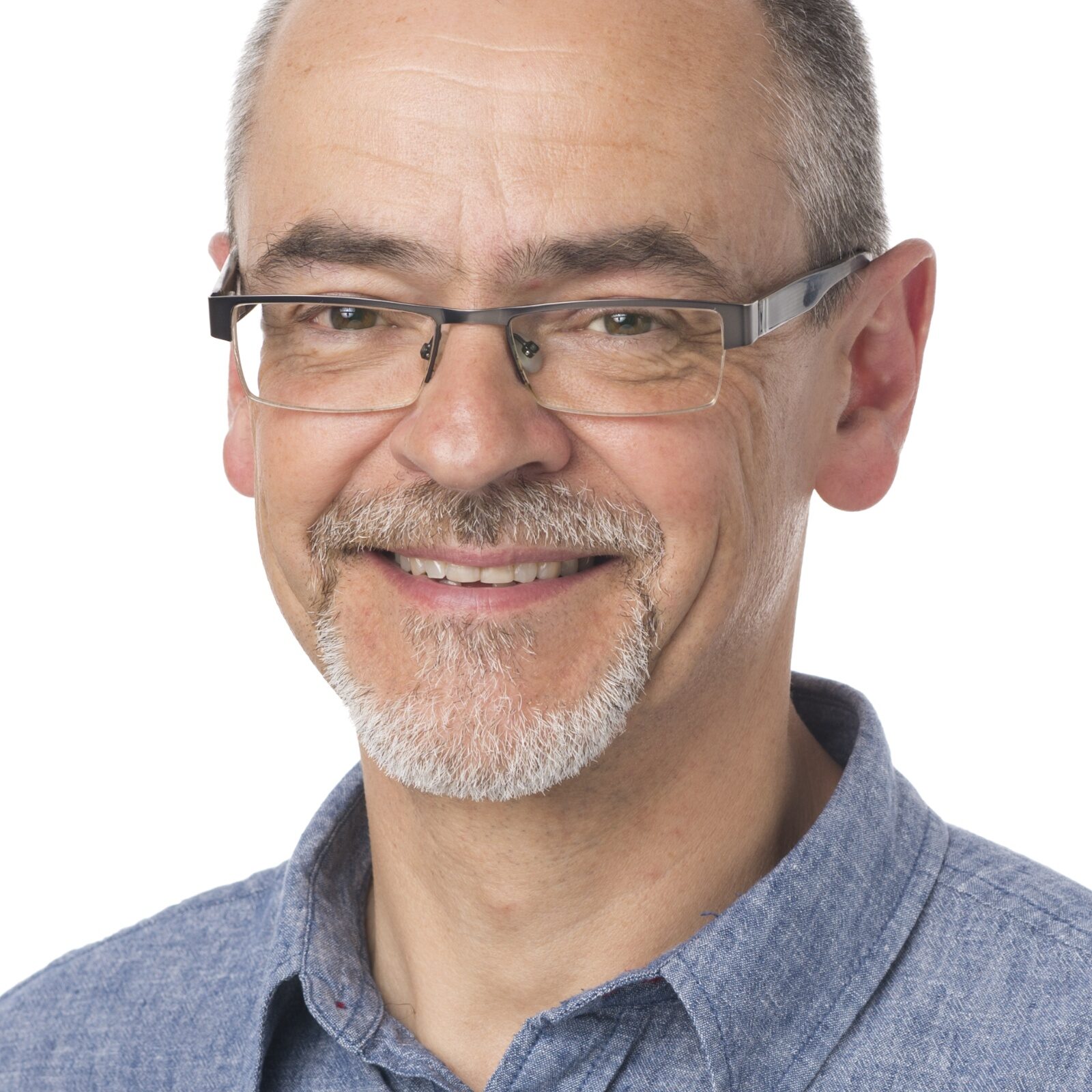
Jim Elliott
Jim Elliott led the work of the Health Research Authority on the involvement of patients and the public in health research [part time] from 2012 to 2023 as part of his work as an advocate for patients in research. Jim led the creation of a partnership of major research organisations with the aim of making patient and public involvement usual practice, leading to the Shared Commitment to Public Involvement in Health and Social Care Research, launched in March 2022. He retired from the HRA at the end of March 2024.
Jim has been a carer for close family with cancer and other health conditions for many years. His career has been spent in health research management across the commercial, public and voluntary sectors. His combined experiences drive his passion to help ensure that patients and the public can work in partnership with researchers to design, carry out and manage health research. Jim is currently involved as a public contributor in the work of Cancer Research UK, the Wales Cancer Research Centre, the All-Wales Cancer Community and in a number of research methodology projects related to the recruitment and retention of participants in clinical trials. His involvement in research also includes being a member of the patient advocacy charity Independent Cancer Patients’ Voice and of Health and Care Research Wales’ public involvement community.
Resources:
Socials:
Twitter/X: @drakesyard
Blog: www.drakesyard.co.uk
LinkedIn: Jim Eliott

Rebecca Esparza
Rebecca Esparza, MBA, is a two-time cancer survivor (ovarian and thyroid). She has travelled all over the world to represent cancer survivors at various cancer advocacy activities, speaking engagements, committees and forums. Her long term survivorship of ovarian cancer (20 years) has motivated her to speak up for the underserved and marginalized; especially those without access to healthcare and/or health insurance.
Resources:
National Coalition for Cancer Survivorship (NCCS), Ovarian Cancer Research Alliance (OCRA) and the Camden Coalition
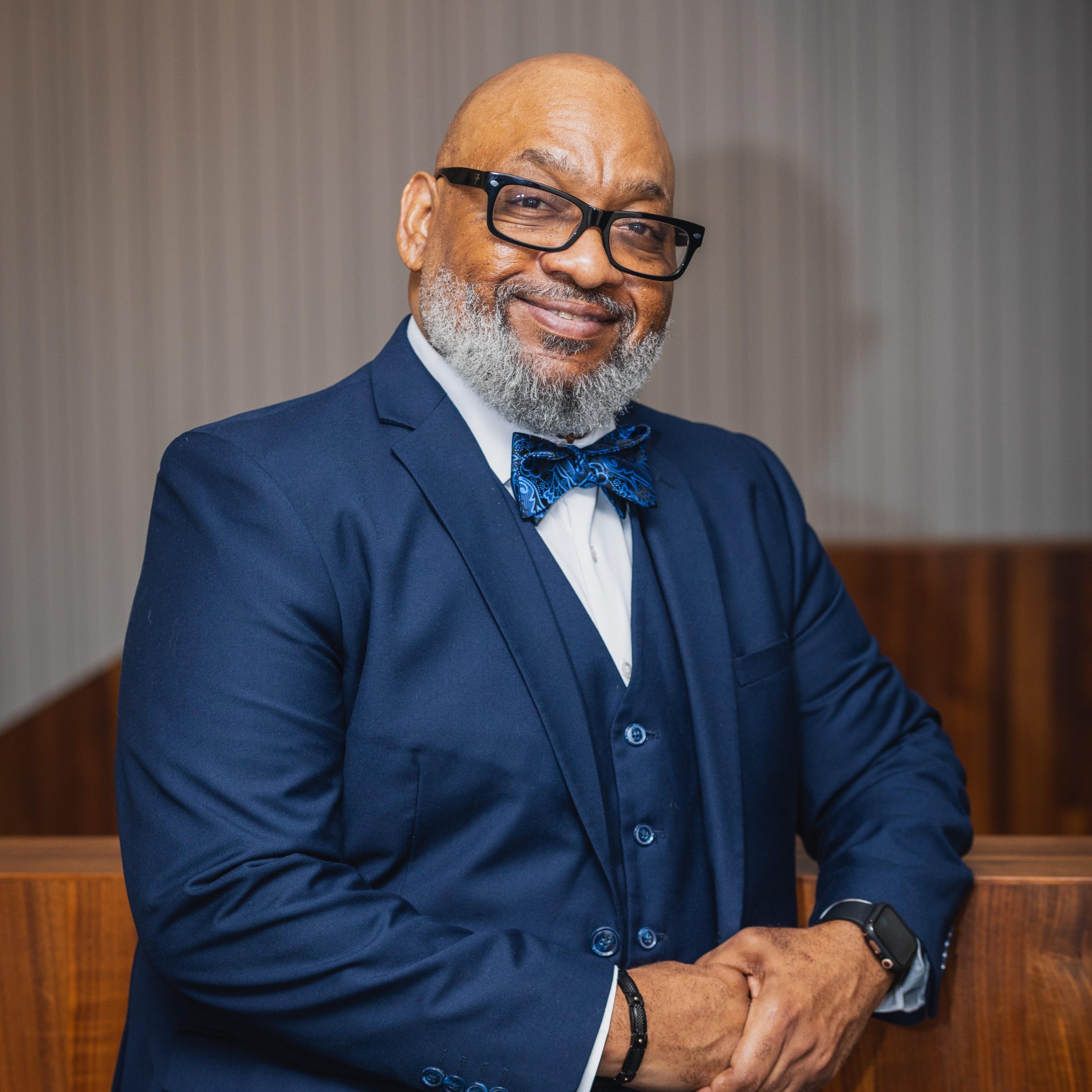
Patrick Gee
Patrick Gee, Ph.D., is a Healthcare Consultant/Community Activist fighting against systemic issues such as poverty, social and racial injustices, criminal justice reform, health equity, and education reform. Patrick is the Founder and Chief Executive Hope Dealer at iAdvocate, a faith-based health and wellness organization that serves the undervalued, underserved, and disenfranchised communities of color.
Patrick graduated from American University, Washington, DC, with a Doctor of Philosophy in Justice, Law, & Criminology in 2012. Patrick is a patient advocate living with Diabetic Kidney Disease. He travels the country sharing his lived experience with medical providers, pharmaceutical companies, researchers, and patients to create access to a better quality of life, access to care, treatments, and solutions for those living with diabetes, kidney disease, heart disease, hypertension, and health equity challenges.
Patrick serves in several leadership roles, such as Chair of Kidney Health Initiative’s Patient Family Partnership Council, Patient Representative of the American Society of Nephrology’s Diabetic Kidney Disease-Collaborative Task Force; Chair of Quality Insights Network 5 Patient Family Advisory Committee; MedTech Color Collaborative’s Steering Committee and Disease State Awareness Subcommittee; and Patient Representative of World Health Organization’s Guideline Development Group for Living Guideline on Therapeutics and COVID-19, Drugs to prevent COVID and Clinical Management Workgroup, to name a few. Patrick received the ASN’s President’s Medal in 2022 for his advocacy work in the kidney community.
Patrick’s tagline: “I am the Voice of the Voiceless and the Face of the Faceless in the fight against kidney disease and health injustice.”
Resources:
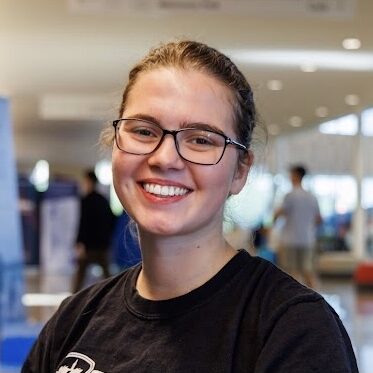
Trinity Lowthian
Trinity Lowthian is currently completing her Honours Bachelor of Food and Nutrition Sciences at the University of Ottawa and will graduate in 2024 as a Registered Dietitian. She is also a Team Canada para-fencer and competes internationally in wheelchair fencing. She has been involved in research and patient engagement for several years, starting as a member of the Youth Advisory Committee for C4T (Canadian COllaborative for Childhood Cannabinoid Therapeutics). Trinity is also a current CIHR IMHA's Patient Engagement in Research Ambassador, and has worked with the Canadian Nutrition Society and American Society of Parenteral and Enteral Nutrition to focus on improving research outcomes that matter to patients.
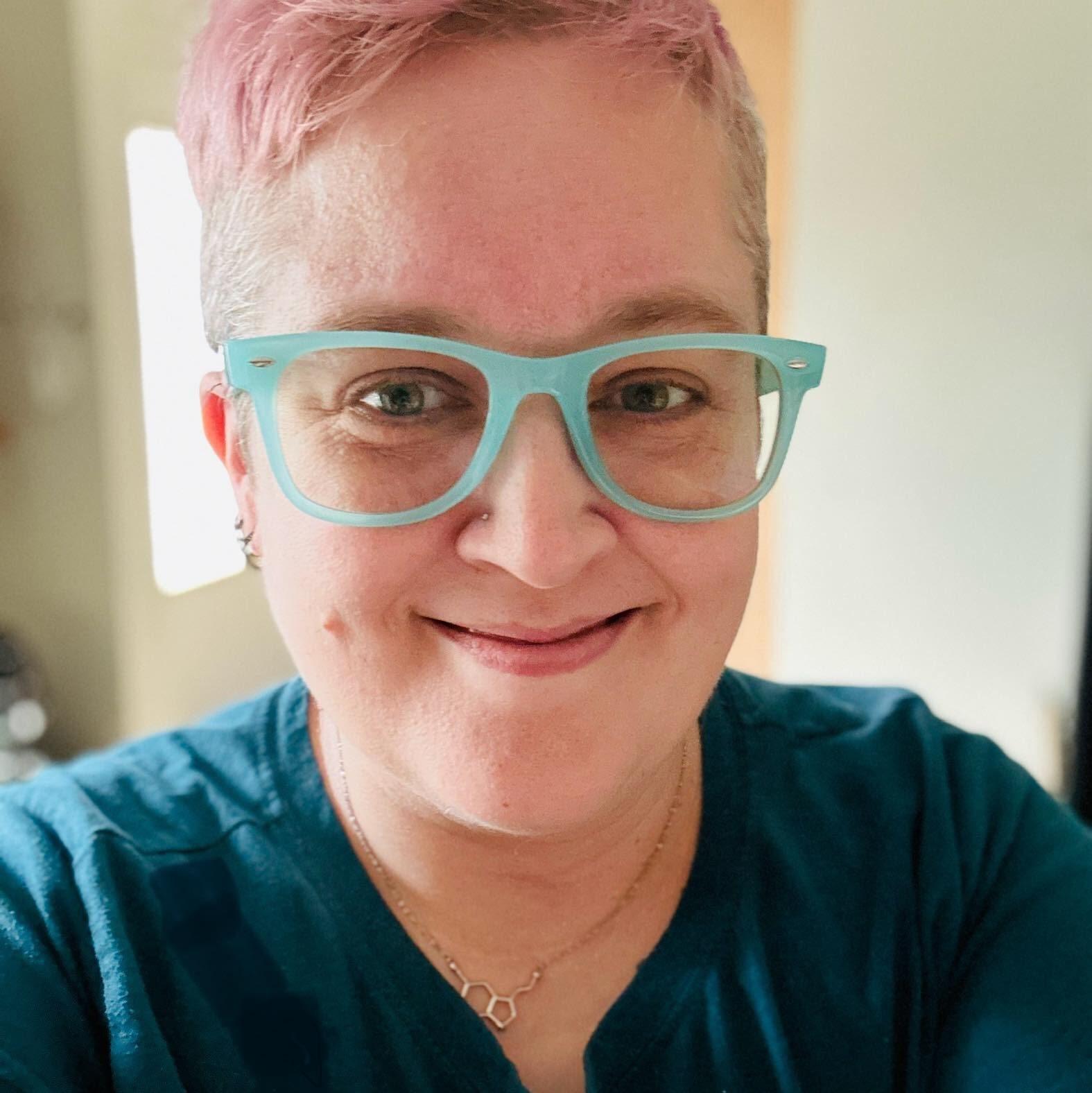
Rae Martens
Rae Martens is a disabled patient advocate from Calgary, Alberta, Canada. She has been a partner in research in a variety of contexts as parent of a disabled and medically complex child, as well as a two-time cancer survivor. When she is not partnering in research, she functions as a Knowledge Broker, building relationships between researchers and people with lived experience, ensuring the partnerships that develop are healthy ones.
Resources:
The Involvement Matrix: This is a tool for project leaders and experts by experience to engage in regular dialogue about their ideas, needs and expectations. The Involvement Matrix allows those involved to make clear agreements about the nature of involvement of experts by experiences in a project.
A series of co-developed knowledge tools that are applicable in a variety of research contexts on engaging patients and families: https://kidsbrainhealth.ca/training/training-career-development/family-engagement-in-research/fer-student-projects/
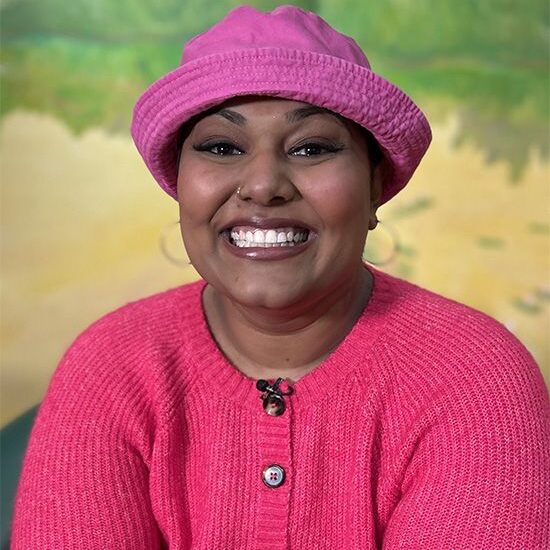
Vina Mohabir
Vina Mohabir (she/her) has lived with chronic pain since she was a teenager after an accident in 2010 and recently beat stage 3 breast cancer. Vina is passionate about sharing her story and advocating for the unique needs of disabled, diverse and low-income youth. Patient engagement is one of her passions, and she works to facilitate patient engagement in pain research, policy, education, and clinical practice in Canada and internationally. She currently works at the iOUCH Pain Research lab at The Hospital for Sick Children in Toronto. Vina will be beginning her PhD at the University of Toronto, studying the implementation of a self-management app for Sickle Cell Disease under the supervision of Drs. Jennifer Stinson and Chitra Lalloo. She is proud to partner with organizations like Solution for Kids in Pain (SKIP), Health Canada, the Chronic Pain Network, the Canadian Pain Society, the International Association for the Study of Pain (IASP), and the Canadian Institutes of Health Research SPOR (Strategies for Patient-Oriented Research) units across Canada.

Shyamsundar Muthuramalingam
Dr. Shyamsundar Muthuramalingam, with a Ph.D. in Chemistry and personal experience as a kidney transplant recipient, is a leading advocate for patient engagement in health and medical research in Australia. His journey through kidney disease and haemodialysis has fuelled his passion for consumer advocacy and community engagement. Dr. Muthuramalingam has significantly shaped engagement strategies across key organizations like ANZDATA, SAHMRI, The George Institute for Global Health, and Kidney Health Australia. He's instrumental in promoting consumer voices in research agendas, study implementation, and translating findings to improve care. As a Steering Committee member at the PxP Conference, he will share insights on enhancing patient partnership in research, emphasizing the impact of lived experience in clinical trials. His work exemplifies the 'For Patients, By Patients' ethos, making him a pivotal figure in advancing patient-centred research.
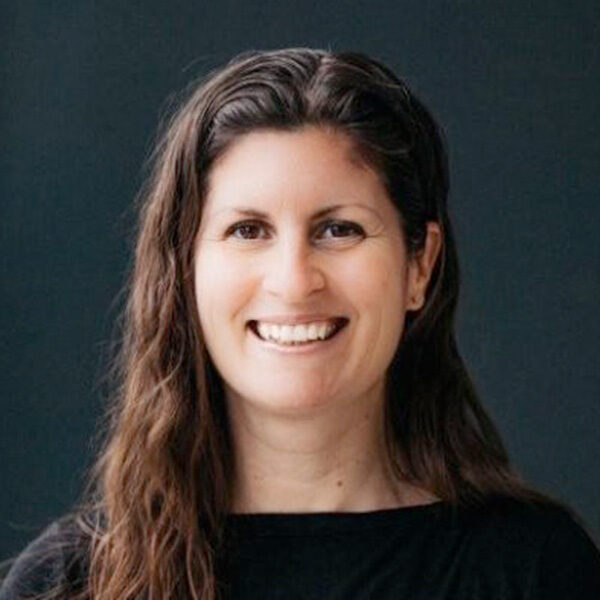
Dawn Richards
Dawn Richards, PhD, lives with rheumatoid arthritis and osteoarthritis. At Five02 Labs Inc., her work combines her analytical chemistry training and her passion to ensure patients inform research and healthcare. She helps people and organizations design and execute their patient engagement initiatives using leading practices and tailoring their approaches to meet their goals and patient partners' needs. She has contributed to the literature and practice in patient engagement on compensation, authorship, recognizing patients as people with skills and who lead fulfilling lives, and training on patient engagement in research. As a volunteer, Dawn is Vice President of the Canadian Arthritis Patient Alliance, has been invited to and is involved in a number of People Living with Arthritis/Rheumatism in Europe (PARE, of the European Alliance of Associations for Rheumatology) activities, and was the first Patient Advisor of the Canadian Medical Association’s Wait Time Alliance.
News and Updates
Sign up to receive news and updates about PxP.
